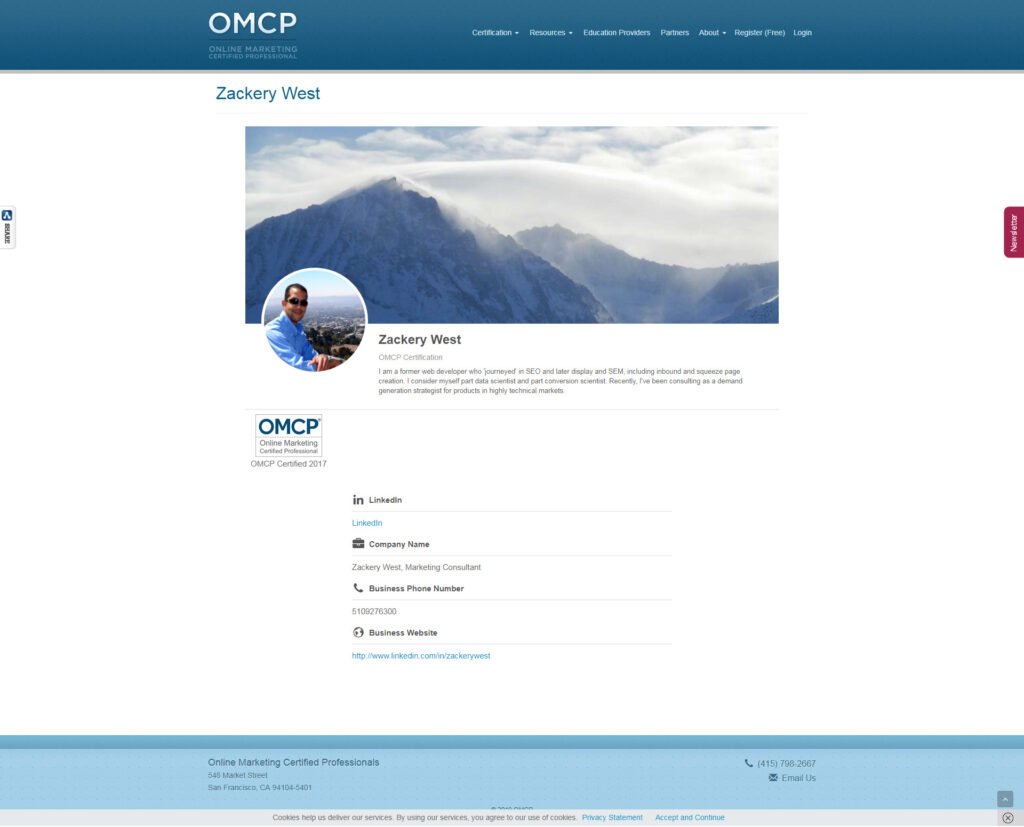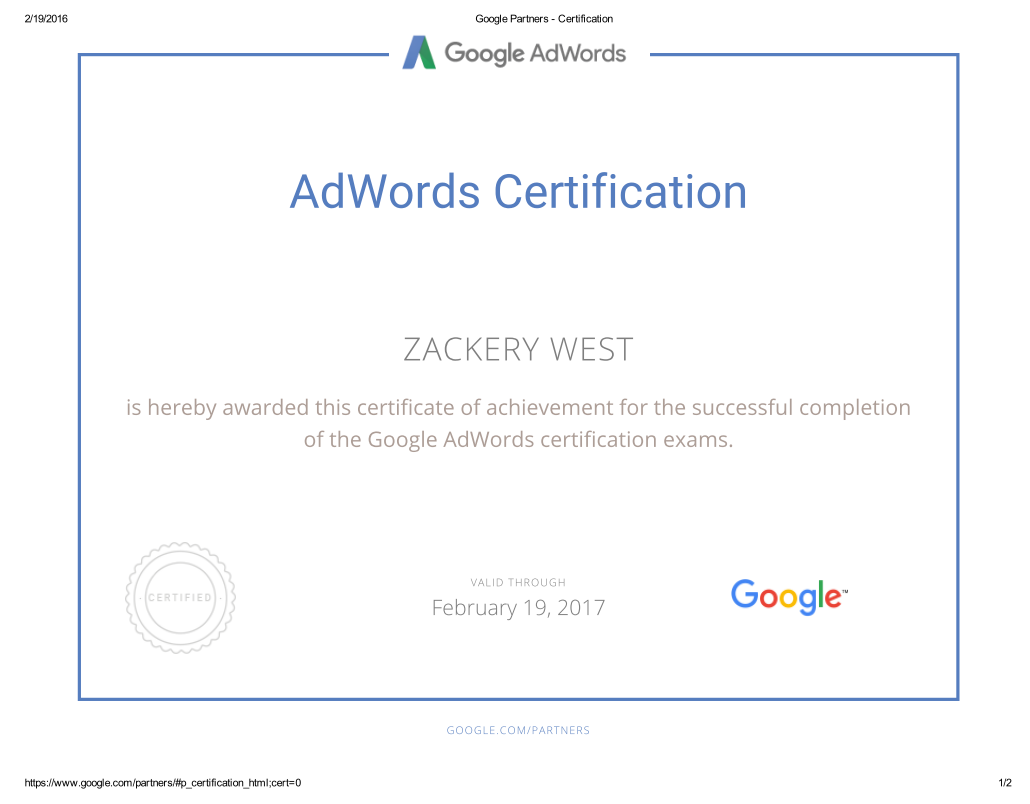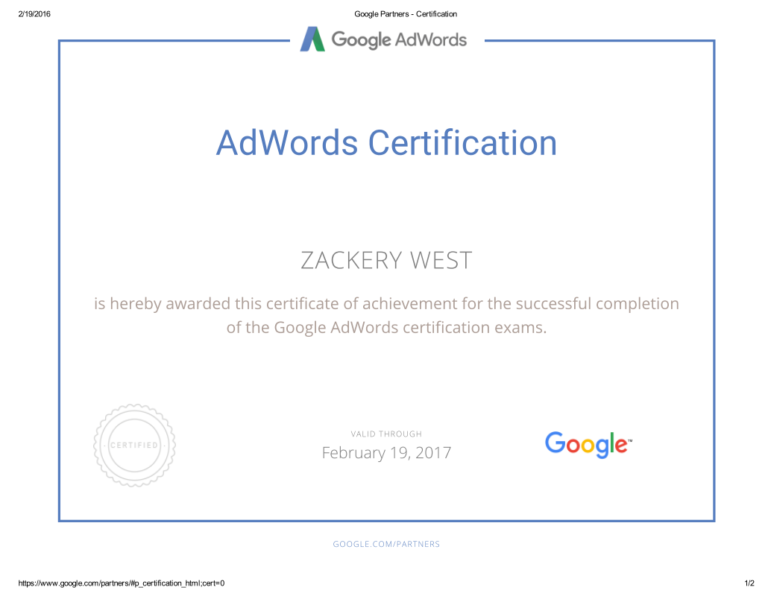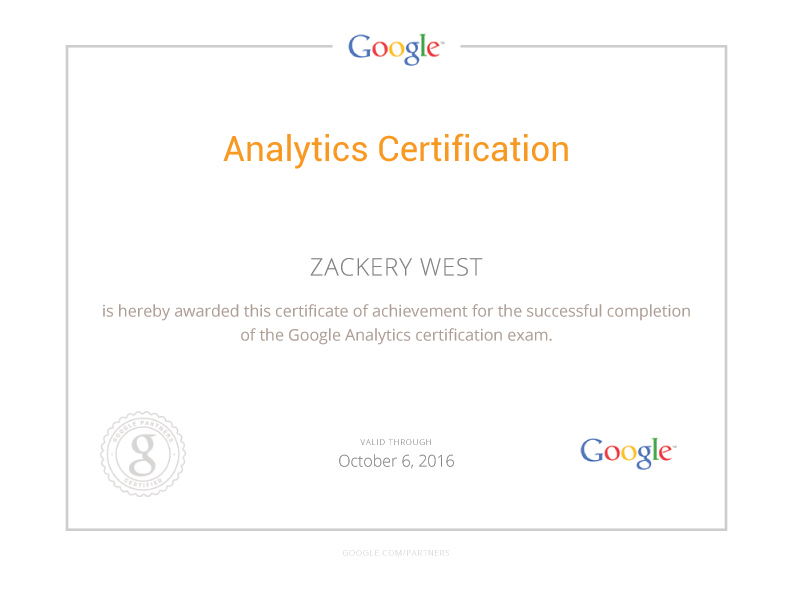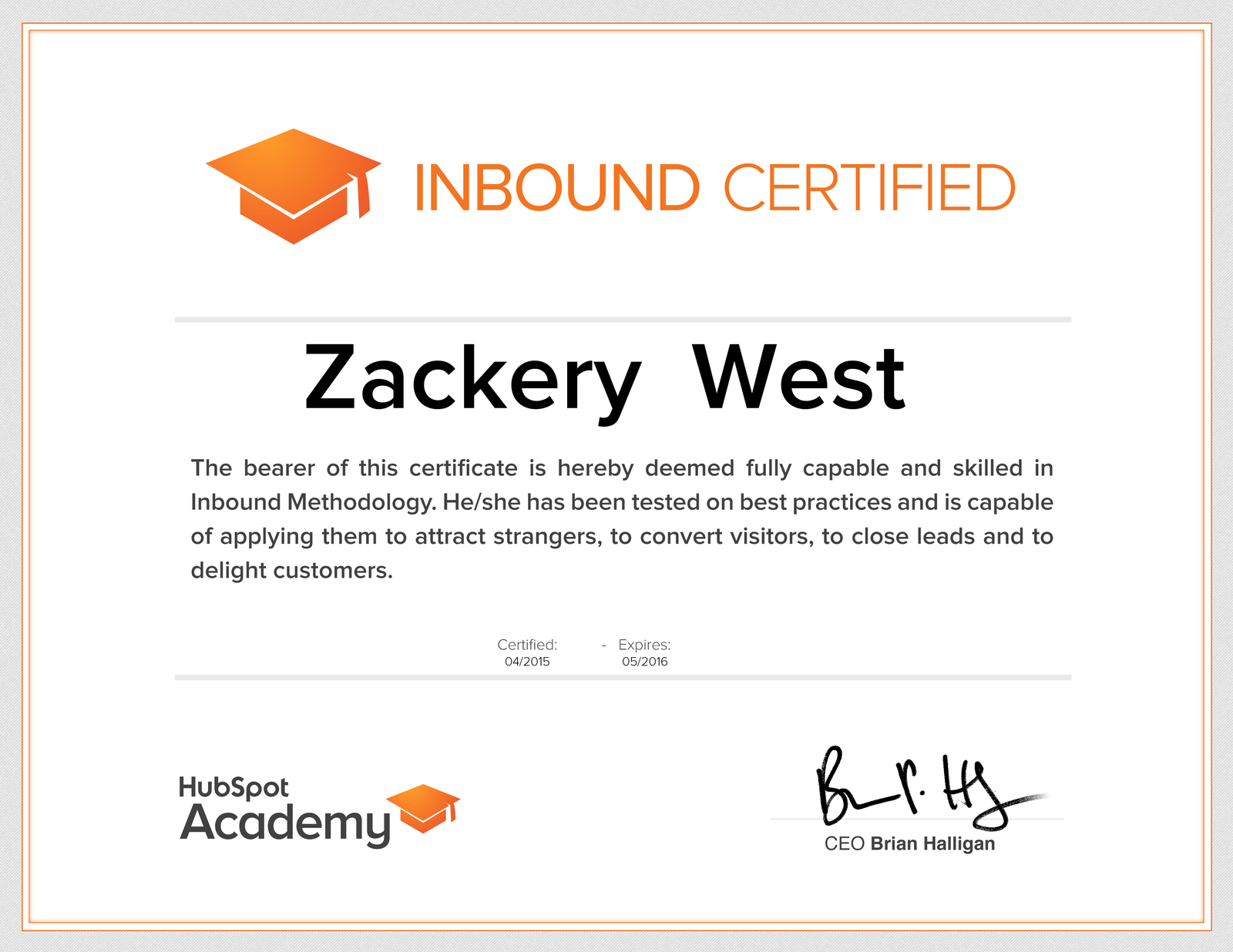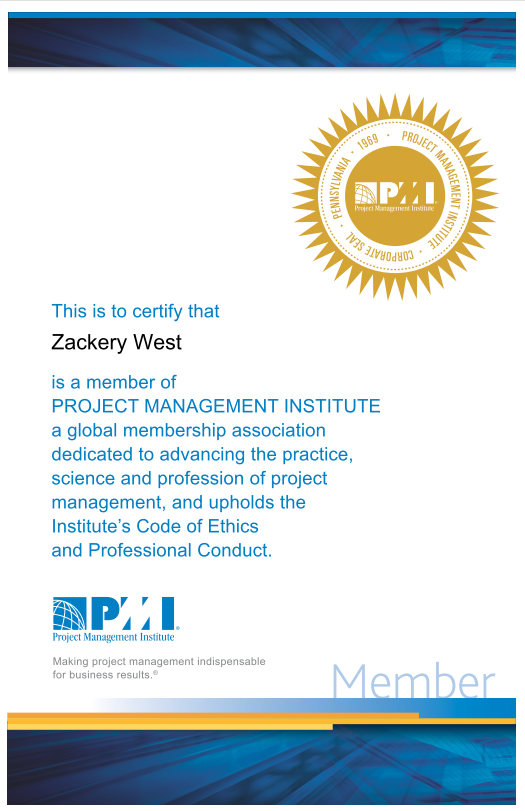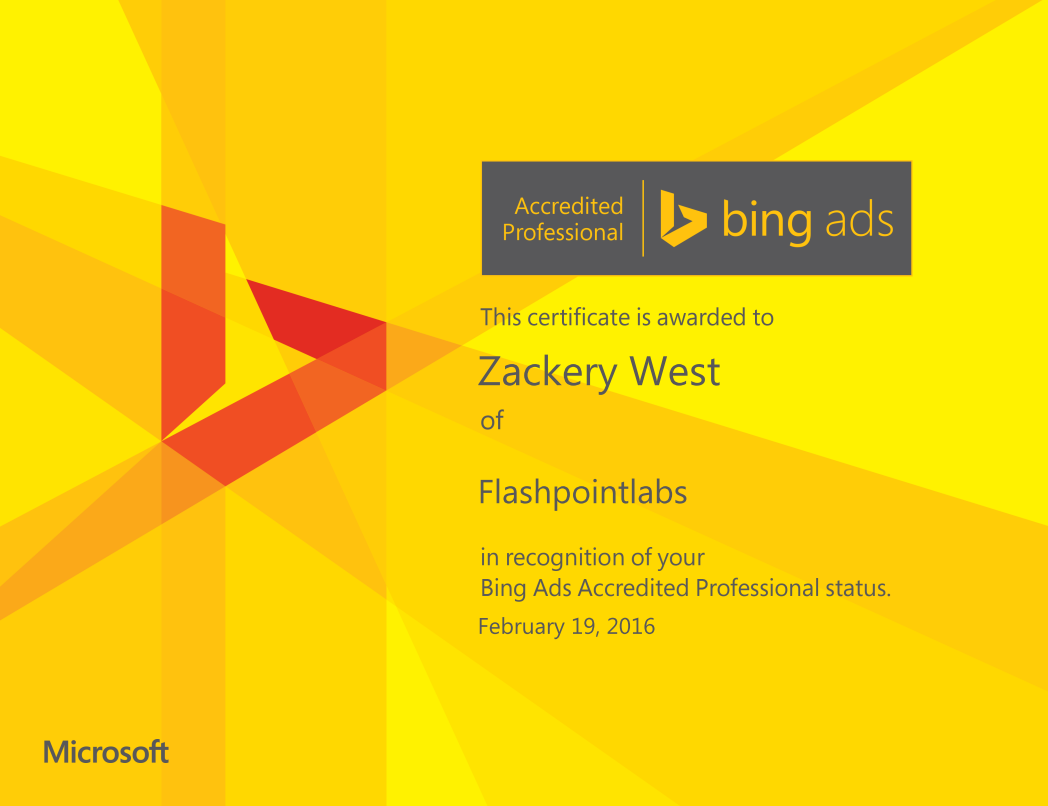We Are Not Just Another Marketing Consultancy
Standard processes are for average people; we adopted 'ready, fire, aim'
FlashPointLabs analyzed the processes – traction, slippage, friction and breakdown points – for a typical consulting engagement, and realized that, like software development, marketing doesn’t require the planning typically invested in it.
Obviously analyzing historical data, market research, SWOT and Marketing Mix analysis are all called-for. A strategy; a plan. Some consensus building; but not micro- or co-managing; not implementation by discussion and committee. We do our diligence, find the north star, and get going.
Always you learn when you are in motion, not before you have begun. You can’t choose the correct hallway doors until you are well down the hallway. So, we focus on execution, informed by tailored research, and over a decade of experience and know-how.
Another reason for execution is this: over-meeting, over-planning, over-monitoring is focusing on the scaffold while the building languishes. Your potential customers comprise a complex system with divergent interests which, when you push for gains rather than mitigating losses, cannot reliably be predicted. We get wins; but nobody can say what a press release or viral content piece will do. This is foundational to understanding Web 2.0 marketing: they do what they want to do. What serves them. They are self-interested.
The focus on planning – ahead of actions that generate signals from traffic and leads – is an amusing conceit. It is useless, and the hallmark of novice marketers. Energy and time spent watching yourself win is energy and time that could have been spent winning, more.
Come Visit Us On LinkedIn We Are A Cooperative Of Senior Marketers - Like The SuperFrirends!
Planning To Meet, And Meeting To Plan, To Watch Ourselves Not Execute The Engineered Friction Points Of The Average Work Engagement
Examining the way most businesses and corporations work, FlashPointLabs recognized that otherwise intelligent people were ‘Planning to meet to discuss watching themselves not work; celebrating the rare occasion when their mediocre outcomes matched their mediocre projections.’
It sounds cynical, but this is how a lot of ‘work’ proceeds. Many work conventions are systems designed by geniuses, for use – sadly – by mediocre people.
Alternatively, many are arbitrary evolutionary upshots from internal adaptive pressures – which could include bad managers, personnel cutbacks, company mergers, politics and nepotism.
They are human beings made to play Twister with their tasks; without creativity, or enthusiasm, or rhythm, or custody, or purpose.
But what if you had a kind of Gifted And Talented workplace? What could extraordinary people do, if left to work the way they wanted? Examining most work environments –
- We found superfluous meetings; we found meetings that led to still more unnecessary meetings;
- We found unnecessary planning, when there were no project dependencies and the work was being done on mutable platforms that could accommodate immediate action;
- We found cumbersome monitoring deployed at the expense of productivity;
- We found projections taking the place of outcomes, and data models that were conflated with the performance itself, which was often sub-par;
- We found people earnestly working on accurate modeling, when the blueprint is not the building, and validated learning would come only from execution;
- We found groupthink and consensus-seeking subject to the whims and input from arbitrary team members;
- We found workers who were locked into repeating the same boring task or working within a limited scope – which is not how one maintains either enthusiasm or quality;
- We found processes that denied individual contributors their natural need for creativity, and the custody that comes from end-to-end work;
- Similarly, we found the use of teams when an individual contributor could provide a more coherent solution with greater efficiency and fewer holdups;
- We found work cultures that espoused, engendered, or condoned co- and micro-managing;
- We found endless process interruptions and friction points that slowed momentum and damaged morale (documentation, permission-seeking, etc.);
To wit, we discovered smart people were mistaking the model of the thing (the plan) with the actual thing (the execution), planning and talking about work that could be executed on-the-fly, most shockingly when the only way to learn when dealing with a game-theory scenario (complex system with divergent interests and its own agency) is through executing and optimizing.
We adopt a ‘ready, fire, aim’ approach at FlashPointLabs, with cross-functional experts who are the single point person for a marketing engagement. They delegate to creative (ad) experts when necessary. It’s not a ‘rule by committee’, that yields mediocre and uninspired work over a period of months.
At the same time, like many leading marketers, we became convinced that Internet search had changed the Buyer Journey; that buyers drive a journey that runs on the pursuit of buyer-centric (helpful, unbiased) content. So, if buyer-centric content drives the Buyer Journey, why was most of the content seller-centric (ads and brochures)? Most of the time, marketing was being done wrong, and, similarly, most of the time, consulting engagements were far less efficient than they could be. These insights were combined, tested, optimized, and realized in FlashPointLabs.
A Work Structure, Process And Philosophy That Foster 'Impossible' Efficiency You *Can* Produce More, Of A Higher Quality, Cheaper; Here's How
- Our consultants take one client at a time. It lets us absorb your voice, and not waste time switching between clients.
- Our consultants are the single engagement through-point, enabling project speed, cohesion, and accountability.
- Our consultants have end-to-end marketing skills, so things gets done, efficiently, and not handed-off.
- Our consultants’ functional experience spans managerial to technical, and creative to analytical.
- We’re knowledgeable about technology, making us a natural fit for tech startups who need efficiency and results.
- Clients are ‘inside a wine bottle, unable to read their own label’. Their input informs messaging, and they approve creatives, but they are not involved in the process of our work. We are painters, not paintbrushes, permitting efficiency.
- We recognized that digital marketing is very much like software development; their tools, processes, and platforms are mutable, and editable. This permits Lean and Agile methodologies that put execution ahead of meetings and planning.
- We reject the standard 2% paid search click-through rate, and embrace the reality of the buyer-driven sales cycle. We combined best practices with content that pulls clients, rather than pushing unwanted and costly ads on buyers.
Companies Make Seller-Centric Content, Interrupting To Talk About Themselves But Sales Are Buyer-Driven, And Feed On Buyer-Centric Content

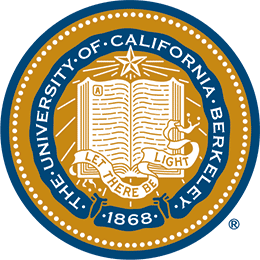

Zack West, FlashPointLabs’ founder and president, is an honors UC Berkeley graduate and Saint Mary’s College of California MBA Candidate (2024) who grew up in rural northwestern Connecticut.
Zack believes there at ‘two kinds’ of marketing: that taught in school, which typically applies to mid-20th-century behemoth companies (complete with presumptuous plans, written at the outset of a marketing operation, when little-to-nothing is known), and the marketing learned on the job, in the proverbial trenches of marketing.
Hailing from a highly technical background as a network engineer and later product manager, Zack is ‘fluent in technology’. Zack is among elite brand, growth, and demand generation marketers who recognize that Web 2.0 has changed the way we buy. Zack is among inbound experts like like Mark W. Schaefer, Gary Vaynerchuk, Marcus Sheridan, and Joe Pulizzi. Like these experts, Zack realized that rather than interpreting the almost universal avoidance of ads and brochures as a problem, most marketers typically apply technologies in ever-more-interruptive ways without considering the First Principles approach of asking whether there’s another way.
Zack resides in the San Francisco Bay Area and is an active skier, cyclist, and in-line skater.
Our Clients


Contact Us



